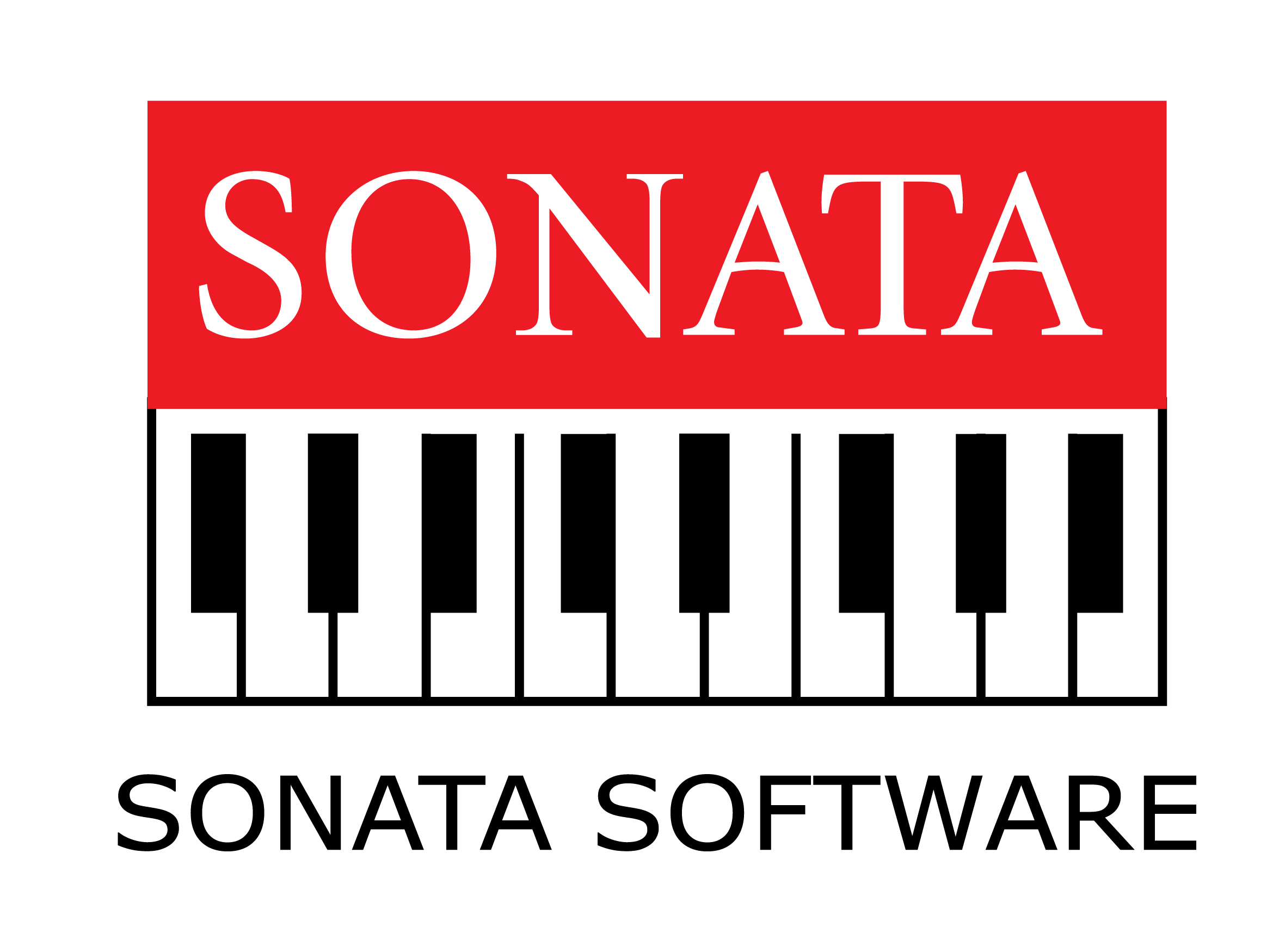How to Make Literacy Accessible to People with Deafblindness?
Everyone has the right to education. The road to education starts with literacy, but it is not equal for all. So how does one ensure literacy for people with deafblindness? As literacy is as important for Persons with Deafblindness (PwDb) & Multiple Disabilities (MD) as for any other person, it becomes essential to reach out to them. Literacy will connect them with people through language and communication.
Literacy begins at birth through listening, speaking, reading and writing for every individual with or without disabilities. It also develops abstract concepts, improves communication, independence and social interactions, access to information in the environment and improves the quality of life. This is where literacy for children and adults with deafblindness and multiple disabilities has the greatest significance- for without literacy, they will be withdraw from people and their environment which will lead to a life of frustrations and deprivation from social interactions.
So, how does one go about making literacy accessible to PwDB and MD? In order to answer that we need to answer a much more important question-
Why do we develop Literacy in PwDb & MD?
- For access to Language
- Opportunities for independent decisions and choice making
- Helps build self-esteem, gather information, and gives greater control over his/her life.
To make literacy accessible we need to learn that there are three modes of Literacy- Emergent Literacy, Academic or Formal Literacy and Functional Literacy. Emergent Literacy begins at birth long before any formal instruction is provided. Academic Literacy is what we learn in schools at classrooms and Functional Academics are skills required to read and write, function effectively in day to day life. Depending on the child’s functional level in sensory, motor and cognitive abilities, they can be taught literacy skills- for example; to write or draw in the “News” or “Diary book” about their past, present and future activities or events to understand, communicate and anticipate.
Challenges are bound to pop up in your quest to make literacy accessible to them, but they are a very good source of experience and insight. Recognizing these challenges is an important skill that one must learn. Some of the challenges that are recognized and need to be addressed as soon as their signs show up are:
Challenges which PwDb & MD may face are:
- Low expectations from the child
- Are not included in conversations, outings, day to day experiences that improves language and literacy skills
- Reduced opportunities to develop incidental language through observation of others
- May not receive early and appropriate intervention
Creating Literacy Rich Environment
PwDb and MD can be taught through imitation and exposing them to reading and writing environments such as reading story books to them, preparing grocery lists before shopping etc. It is necessary to see if the child uses signs, objects, and symbols for communication and recognise what the child’s preferences are and develop through his/her likes, abilities and interests as the major focus should be connecting real life activities to literacy activities.
Ways to provide Early Literacy:
- Establish predictable routines to encourage anticipation
- Sequencing skills such as first/then, start/finish through activities or sequencing left to right order
- Playing games, describing objects, events
- Use proper intonation, gestures, signs, tactile objects
Teaching materials such as marking on the top right corner on the left pages for the child to identify or using real objects or pictures as per the ability of the child.
Preparing the child to read Braille:
Before deciding if PwDb is a braille learner an assessment is required to determine if the person (generally a child) should learn print or braille. However a child can be dual media i.e. print & braille user.
Factors to consider for a braille learner:
- How much remaining vision does the child have after best corrections
- What is the child’s eye condition
- Is the amount of child’s vision likely to change?
- Child’s preferred learning style
Should you teach your child with Deafblindness print or Braille?
Here’s how you decide- It will depend on
- His/her cognitive ability
- Residual Senses
- Interest level
- Possibility of his/he being able to use in future carefully considering his/her overall priorities in terms of learning
Print requires visual rather than tactual, otherwise the print or letters can be made larger for the child to read easier. Braille requires motor skills, fine tactile skills, spatial orientation, concentration, attention to detail.
Things to remember while teaching Braille:
- Expose child to whole words before introducing single letters
- Label objects in the environment
- Teach that a Braille card will always have a braille line across it or the top right corner will be cut off
- Encourage child to read braille and use a brailler
When PwDb and MD learn language, communication and literacy skills, they too can be part of the interactions, be entertained through literacy to occupy themselves during their free time, solve problems, acquire and can transmit knowledge or information. Literacy is necessary for everyone. Making an effort to ensure that everyone receives it equally is all the thought we need.
AuthorsMercy Chingnunmuang- Training-Officer, Sense International(India)
Sukrati Rastogi- Programme-Officer, Sense International(India)
Edited By
Sonia Gervasis- Communication Officer, Sense International(India)
Considering its importance, our expert professionals had taken a session on Developing Literacy for Persons with Deafblindness and MD and Teaching Academics for Persons with Deafblindness and MD in the National Webinar organised by Sense India on the 05th of November, 2020. It was taken by Ms. Dipti Karnad, Principal, The Clarke School for the Deaf, Chennai and Ms Priya-Ann Aranjo, Coordinator, Helen Keller Institute for Deaf and Deafblind, Mumbai respectively. You can access further information by registering for the National Webinar.
For further info, visit our website: National Webinar on Deafblindness




